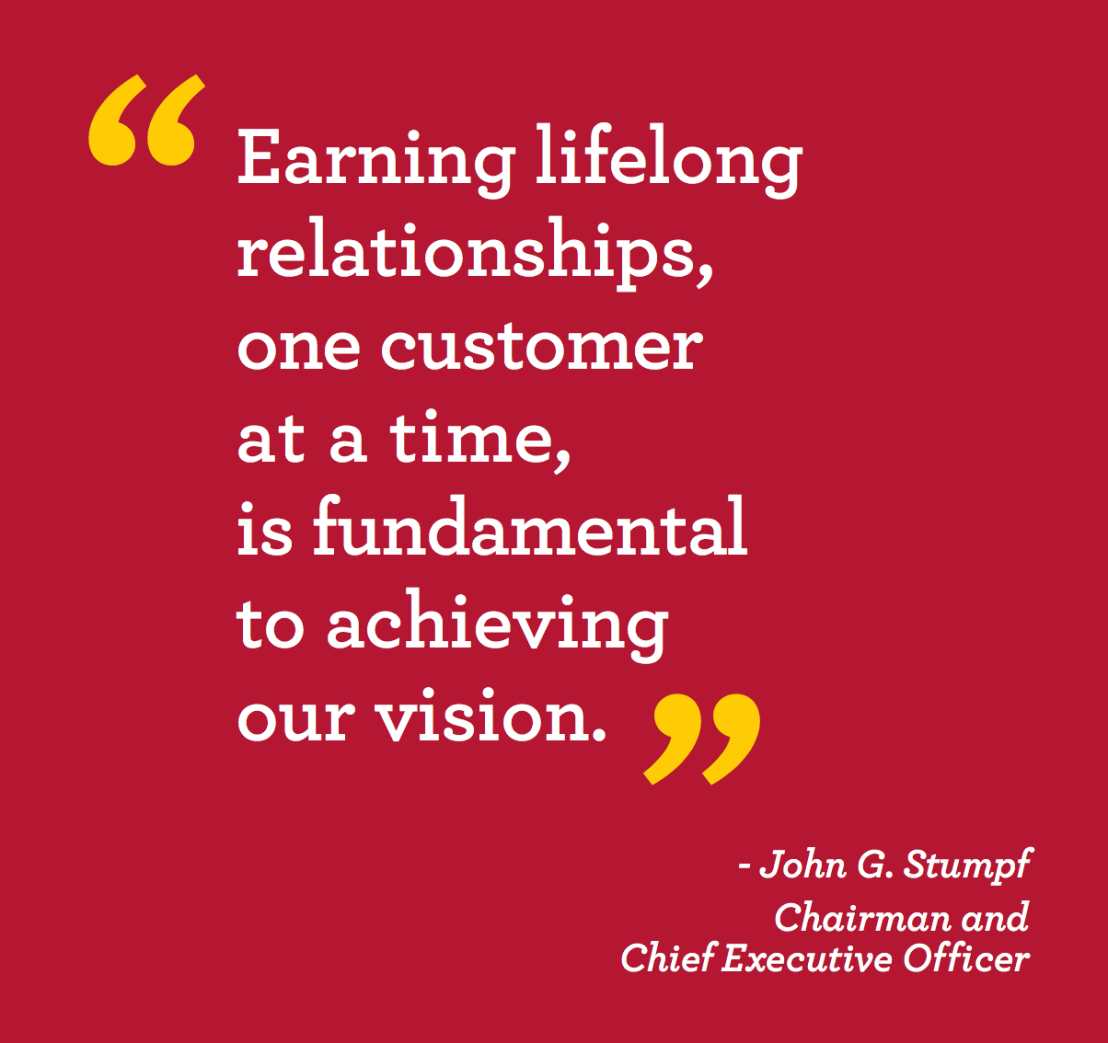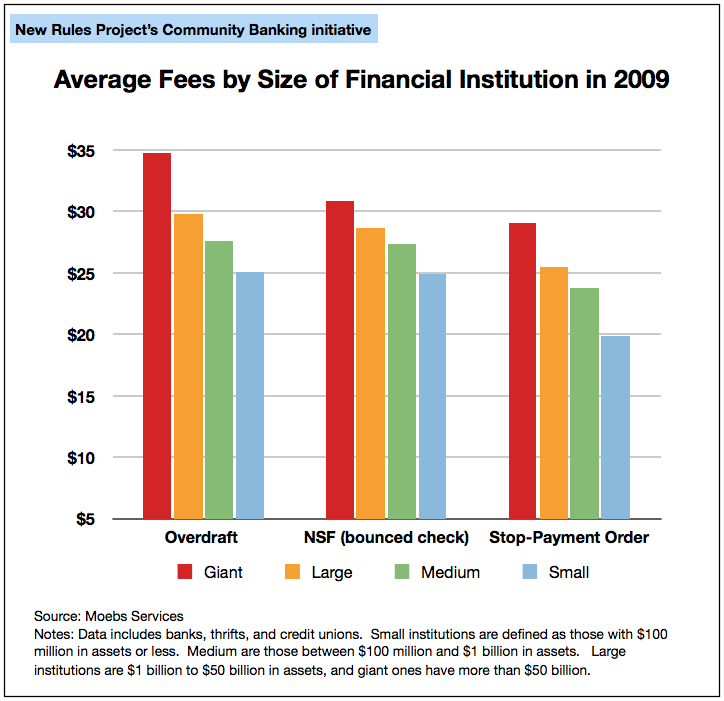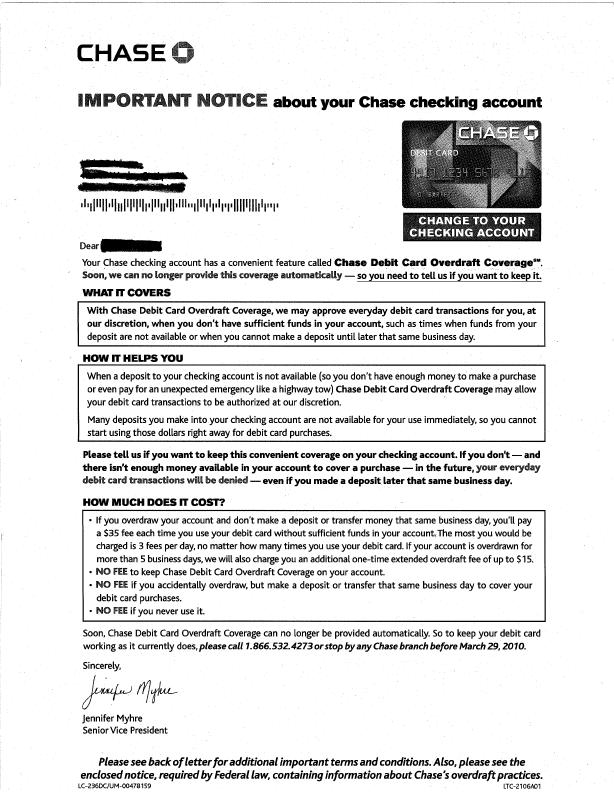By James Kwak
Tom Hayes was a trader at UBS and Citigroup who was very, very good … at rigging LIBOR. This week, he was convicted in the United Kingdom of conspiring to manipulate the benchmark interest rate and sentenced to fourteen years in prison.
There’s little doubt that Hayes was guilty as charged. In his defense, he argued that he had no idea what he was doing was wrong. But contrary to what some armchair attorneys think, that doesn’t matter. In general, the famous mens rea (guilty mind) requirement isn’t that you know you are breaking the law at the time; it suffices if (a) you know you are doing a thing and (b) that thing is against the law. There’s no question that Hayes knew he was conspiring to rig LIBOR, and that’s enough for the prosecution.
And on one level, it’s good that he was convicted and got a stiff sentence. That prospect should help deter criminal activity of all kinds by bankers and traders who have historically been shielded by prosecutors’ unwillingness to go after individual defendants (except in insider trading cases).
But … Tom Hayes as the evil architect of the LIBOR-fixing scheme? Not so much.
As in so many cases, there are only two logical possibilities. Either Tom Hayes’s bosses at UBS and Citi knew what he was doing, in which case they are guilty as well. Or they didn’t know about a widespread conspiracy being conducted across the electronic communications systems of some of the most technologically sophisticated companies in the world, in which case they are recklessly incompetent.
When it comes to Tom Hayes, there is a lot of evidence for the former. Apparently, when he was being recruited from UBS in 2010, he boasted to a Citi executive about how he rigged LIBOR. Back in 2007, that same executive had said in an internal email, “We will continue to pressure the brokers to talk [LIBOR] down and generally press lower” — when asked by a colleague to help lower Citi’s own LIBOR submissions. When Citi attempted to hire Hayes, his boss at UBS tried to arrange a large bonus for him to stay, citing his “strong connections with Libor setters in London.”
It’s hard to believe that senior executives at UBS and Citi didn’t know that LIBOR was being fixed. If they weren’t in on it directly, it’s likely that they turned a blind eye — precisely because they knew that it was good for the bottom line. Hayes himself generated $260 million in profits for UBS in just three years.
When people make that kind of money for the bank — in markets that are supposed to be highly competitive — executives don’t want to know too much about what they’re doing.
As time goes by, it gets harder and harder to figure out how much of the largest banks’ profits is due to their legitimate operations and how much is due to their tolerance of illegal activity (money laundering, rate fixing, bribery, etc.). Maybe bank executives are so inept when it comes to internal wrongdoing because they like things that way. They want their employees pushing the limits of the law to maximize profits. (“If you ain’t cheating, you ain’t trying.”) And when people like Tom Hayes get caught, the bank itself gets away with a slap on the wrist because it’s too big to jail — and the CEO gets away by claiming ignorance. It’s a win-win strategy.
[Also posted on Medium.]



